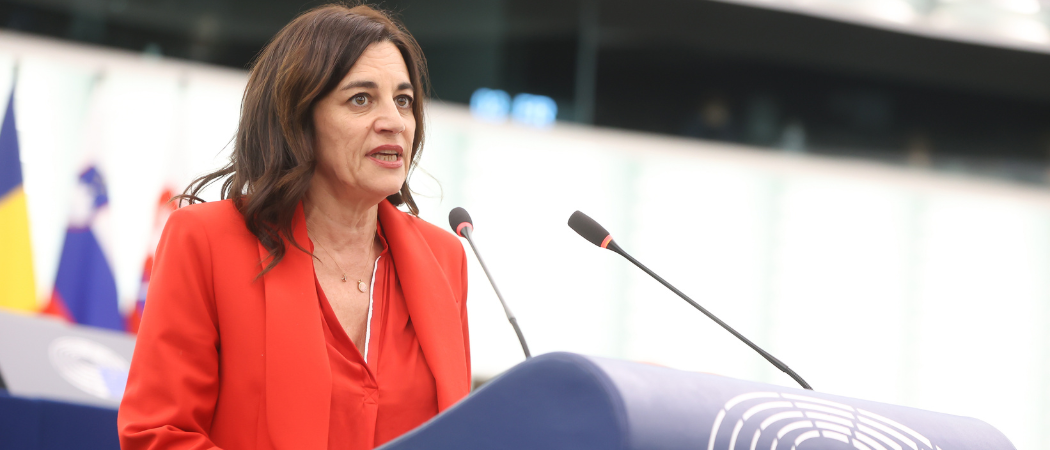Rapporteur invokes competitiveness as reason for alliances to receive more money from Erasmus+ and other EU programmes

MEP Laurence Farreng presented an own-initiative report outlining the future of the European Universities Alliances. Photo credits: Frédéric Marvaux / European Union
European Universities alliances set up under the Erasmus+ programme should receive more money from the EU, according to a draft report prepared for the European Parliament’s culture and education committee.
It calls on the European Commission to present a comprehensive funding strategy for the alliances that draws not only on Erasmus+, but also on other EU programmes. This is because the alliances represent an important tool for EU competitiveness.
European Universities alliances are transnational networks of higher education institutions, formed with the aim of promoting collaboration, shared programmes and academic mobility. Launched in 2019, the project initially set out to establish 20 alliances. However, the initiative has rapidly grown to 65 alliances involving 570 institutions across Europe.
The non-legislative draft report, prepared by Laurence Farreng from the Renew Europe Group, highlights the need to strengthen existing alliances before expanding the initiative any further.
“Rather than create new alliances, these programmes and their funding should support the success of existing ones” that have already begun to re-shape EU academic excellence and academic freedom, Farreng told Science|Business.
Related articles
- University alliances struggle to match budget and ambition
- National differences hinder development of European degrees
It also calls for the alliances to have a stronger focus on research and innovation, rather than primarily concentrating on education. To this end future calls for funding should be aligned with European priorities in strategic fields such as quantum computing and artificial intelligence. This would enhance EU competitiveness and attract global researchers.
“When academic freedom is under attack, particularly by global actors such as the USA, European Universities alliances are a tool with which the EU can continue to attract researchers and academics from all over the world,” the report says.
Mission creep
This potential shift in focus has drawn criticism from some in the academic community. Thomas Jørgensen, director for policy coordination and foresight at the European University Association, was wary of alliances being used as instruments to deliver strategic priorities decided in Brussels. “No alliance signed up to that function,” he said.
Touko Närhi, an advisor to the CESAER university network, said that any development in the alliances should be in balance with other EU programmes. “This direction should complement, not replace, bottom-up, frontier research and education, ensuring that investigator-led science continues to thrive alongside mission-driven, top-down initiatives that address societal challenges,” he told Science|Business.
Other points raised in the draft report include the need to avoid a one-size-fits-all approach to the alliances, a focus on qualitative rather than quantitative goals, and support for advance pilot projects aimed at creating a European degree.
MEPs had until noon on April 10 to submit amendments to the report. A vote in the committee is expected in June, with final adoption in a plenary session in September.





 A unique international forum for public research organisations and companies to connect their external engagement with strategic interests around their R&D system.
A unique international forum for public research organisations and companies to connect their external engagement with strategic interests around their R&D system.